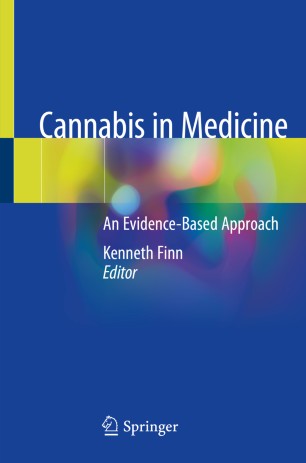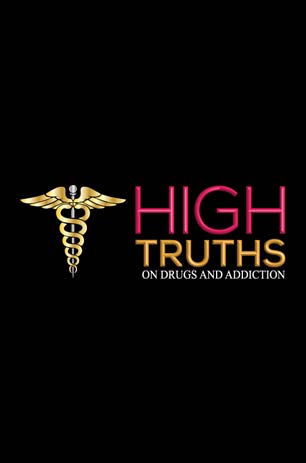Effects of U.S. State Medical Cannabis Laws on Treatment of Chronic Non cancer Pain
Background: State medical cannabis laws may lead patients with chronic noncancer pain to substitute cannabis in place ofprescription opioid or clinical guideline-concordant nonopioid prescription pain medications or procedures. Objective: To assess the effects of state medical cannabis laws on the receipt of prescription opioids, nonopioid prescription painmedications, and procedures for chronic noncancer pain. Design: Using


